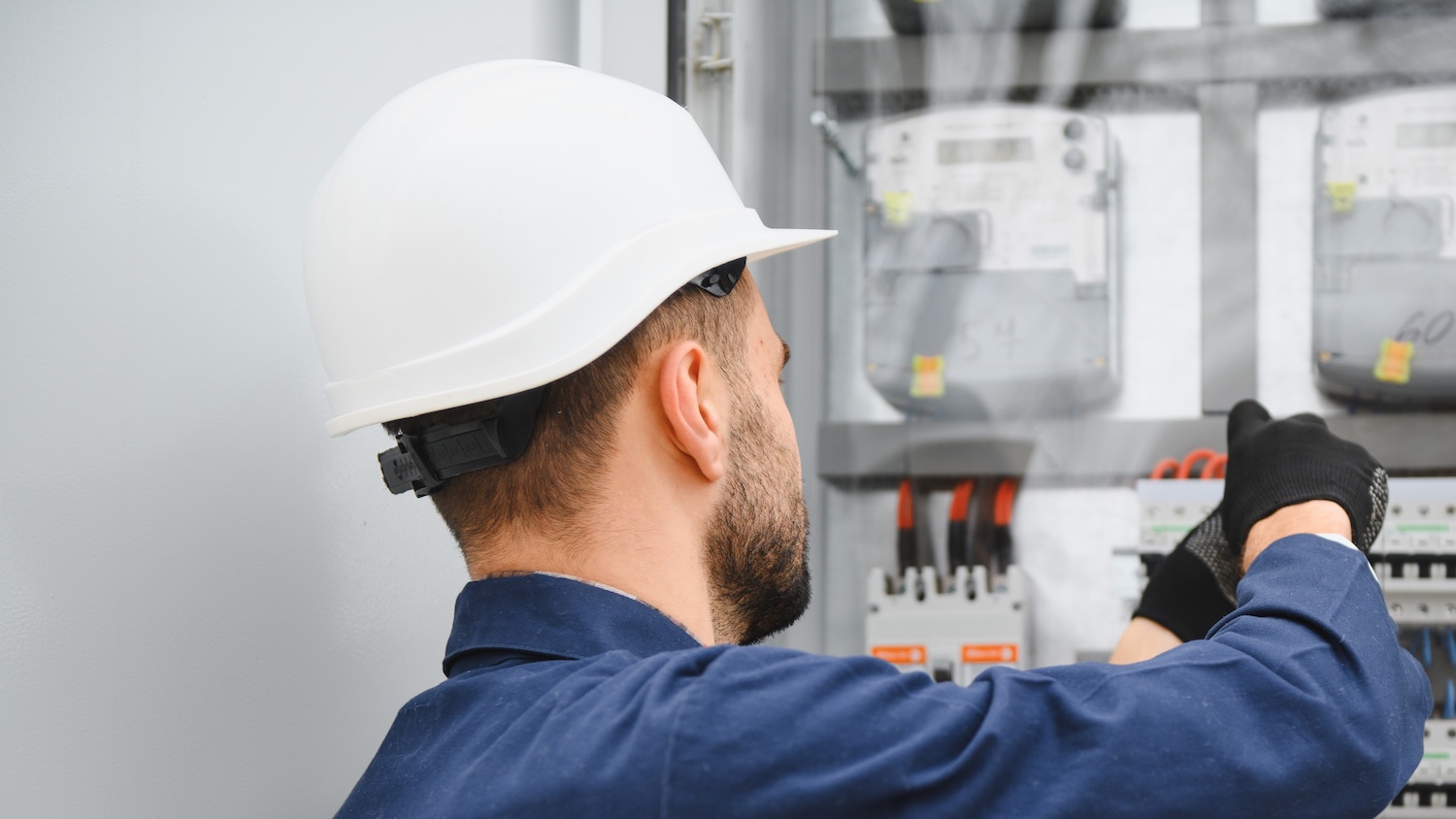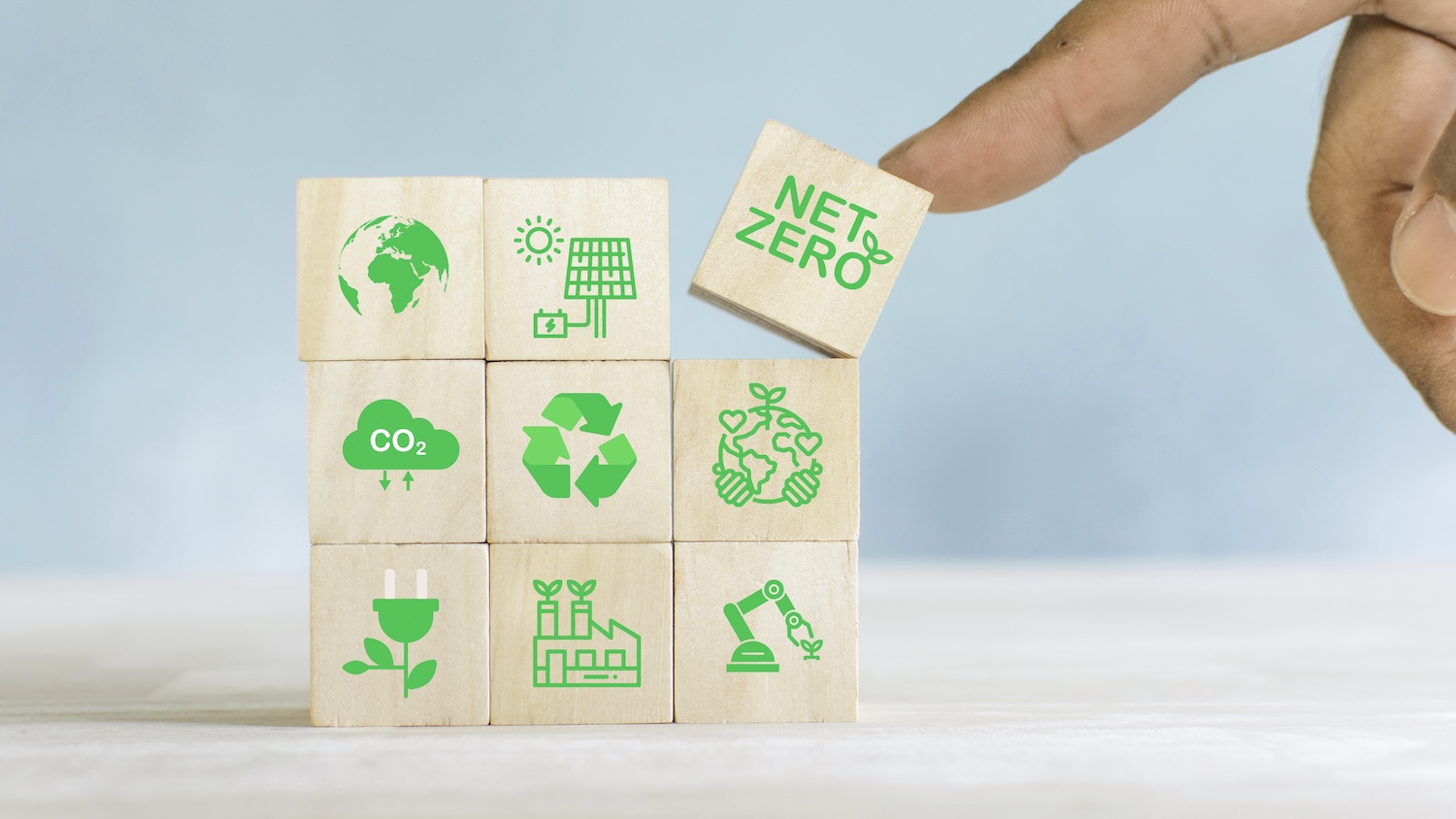
How to ensure inclusion is everyone’s responsibility
Tracey Collins, head of diversity and inclusion at Kier Group, explores how the diversity and inclusion agenda is evolving in the industry
Being an inclusive place to work is morally and ethically the right thing to do as a business. However, this is an easy statement to make when, ultimately, actions speak louder than words.
The construction sector has a long-held reputation of enjoying ‘harmless’ banter. But while this may be ‘harmless’ in some instances, the fact is that banter cannot be used as an excuse, especially when it negatively impacts others.
The data speaks for itself on this issue, with one in five construction workers saying they have been impacted by bullying in the workplace, and almost three in 10 saying the bullying was labelled as just ‘banter’*.
This is why diversity and inclusion should be non-negotiable and put on an equal footing with health and safety. It’s central to being a responsible business.
Expect Respect
For Kier, it wasn’t enough for us to just make promises and tick a box. To deliver our commitment to being a place where everyone has their voice heard and can fulfil their potential, we launched Expect Respect in 2022.
The campaign saw 10,000 of our people trained, educating employees on the use of inclusive language, while also communicating Kier’s zero tolerance approach to bullying and harassment.
As part of Expect Respect, we introduced a confidential ‘call it out’ line for people to report bullying and harassment. We wanted to empower people to be open minded, supporting and respecting each other, and we ensured a constant drip feed of reminders.
Posters are used on sites and in offices to highlight terms that had been used and make it clear for all that those words and phrases will not be tolerated.
While the campaign has been successful, the challenge of achieving complete inclusion and respect in the workplace is constantly evolving. The issue that remains is how behaviours and languages are shifting.
There are still the obvious, and depressingly perennial, issues that employees are well aware they need to be sensitive to. But there are also newer micro-aggressions that relate to less discussed areas, such as neurodiversity and age.
At Kier, we are now expanding our Expect Respect campaign to tackle these more subtle comments that can cause just as much damage. Education and creating a safe space for voices to be heard is key.
Therefore, in response to the evolving nature of the challenge, we are expanding our employee networks to add to our existing groups linked to gender, race and sexuality, among others.
Employee networks
We have nearly 1,000 colleagues engaged with our employee networks. Our Ability Network, which looks at neurodiversity in the workplace, has grown to 250 members in just eight months. It is a fantastic example of an open forum, giving a platform for education and idea generation, allowing members to share their experiences.
What’s more, we are keen to show that people in construction are as progressive as those in other industries. There is a rich mix of talent within our industry and, most recently, we have launched an employee-led campaign This is Kier to show that, in the built environment, there is a place for all, and that everyone’s voice, interests and skills are valued.
Overall, while diversity and inclusion are beginning to become more of an important consideration in the construction sector, we still have a long way to go. It is not enough to simply call out the most obvious inappropriate behaviour anymore.
More must be done in creating and fostering a culture of inclusivity. This is essential to the success of a workplace, regardless of its sector.
Tracey Collins is head of diversity and inclusion at Kier Group.






